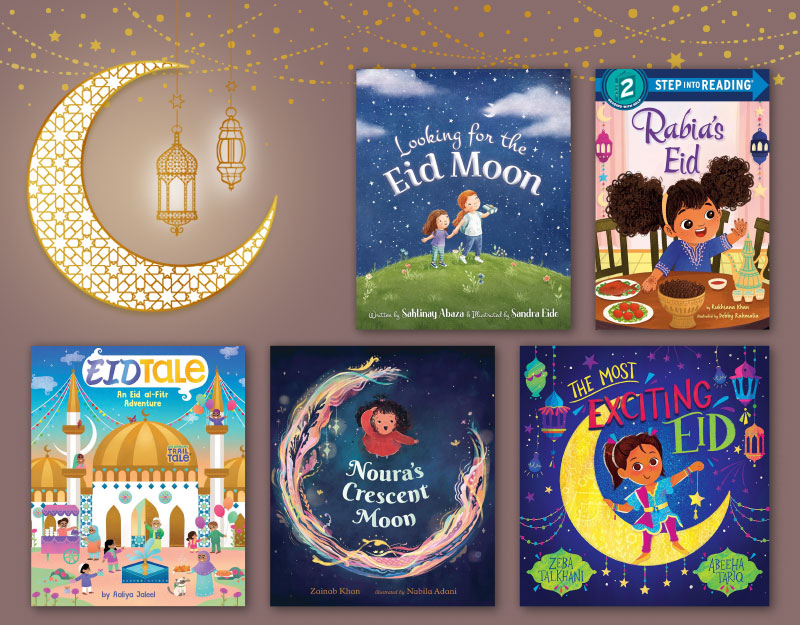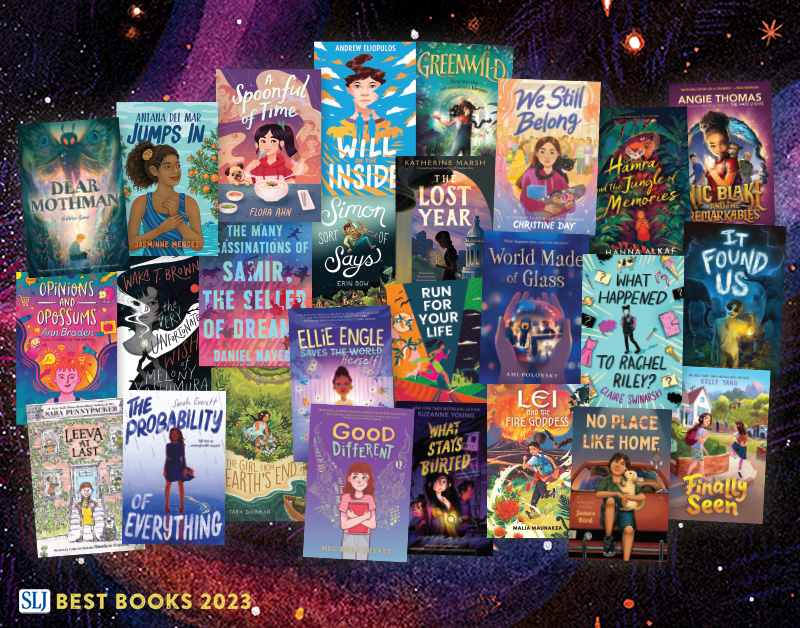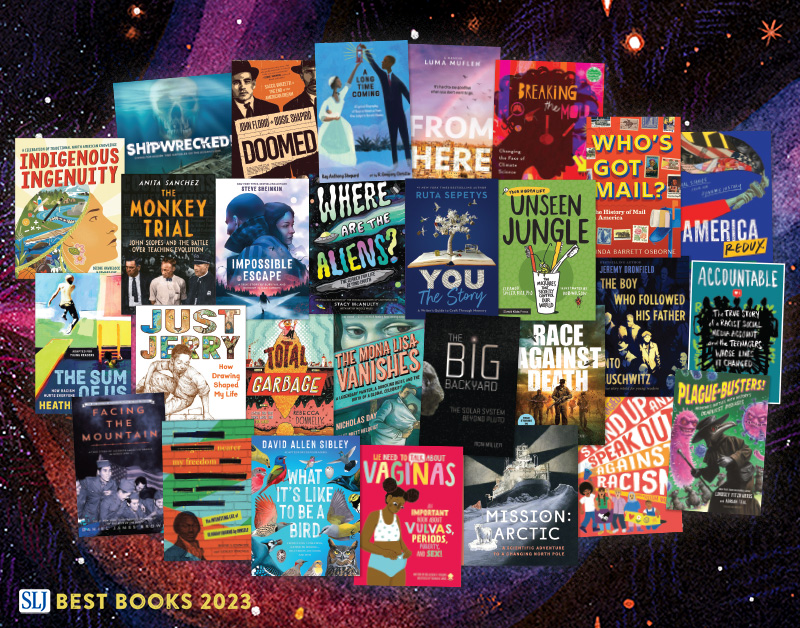On Beyond Haiku: New Forms for Poetry Month
Back in 2011 I wrote a post called Poetry Month Ideas: Try Something a Little Different (note the conspicuous disappearance of ALL the images from said post and sigh along with me). Well, time has passed but my quest to find new and interesting ways to teach poetry, aside from the standard set of haikus and limericks, continues. Today we update ye olde post with some old and new forms. If you should find yourself this month in the position of having to instruct some kids in the ways of poetry, consider doing one or more of these exercises with them:
Fibonacci Poems – Good old Fibonacci poetry. In late 2013 our beloved children’s literary blogger Greg Pincus finally published his very first middle grade work of fiction. The 14 Fibs of Gregory K dared to combine the uncombineable: math and poetry. Mr. Pincus, you see, is the creator behind this particular form. Back in 2006, long before the term “Common Core Aligned” graced this nation’s lips, Motoko Rich even went so far as to write the New York Times article Fibonacci Poems Multiply on the Web After Blog’s Invitation. As he explained on his blog GottaBook: “I wanted something that required more precision. That led me to a six line, 20 syllable poem with a syllable count by line of 1/1/2/3/5/8 – the classic Fibonacci sequence. In short, start with 0 and 1, add them together to get your next number, then keep adding the last two numbers together for your next one.” And call me crazy but doesn’t this just sound like the most CCSS thing you ever did read? Time for someone to hand Greg another book deal. A POETRY book deal.
ADVERTISEMENT
ADVERTISEMENT
Newspaper Blackout Poems – I’ve enjoyed this form for years, but it wasn’t until I tried it out on a couple different groups of kids that I saw how effective and interesting it can be. Consider it a forced found poem. The poet’s job is to find a newspaper article or horoscope and to blackout everything except the words in the poem. Intrigued? Read a whole swath of them here. Kids, as it turns out, are preternaturally gifted in this area. Some glom onto the form instantly. Others need some help. Whatever the case, just be sure you have enough black markers on hand when you try this. Here’s a rather erudite example:
Reverso – Best illustrated by children’s book poet Marilyn Singer. She perfected the form in books like Mirror Mirror and Follow Follow (though I harbor a very great love for her Nixon reverso in Rutherford B.: Who Was He?). The poet writes broken lines down and then uses the same lines but reverses them to tell the other side of the story. Example A:
Single Word Poetry – I call it this because insofar as I can tell Bob Raczka made up this kind of poetry and I can’t find it in existence anywhere but his book Lemonade: And Other Poems Squeezed From a Single Word. Basically you take a word and then turn the letters in that word into a poem. To read it, your eye has to follow the letters down the page in a very specific order or the poem won’t make any sense. See, here’s an example:
Can you see it saying “A silent lion tells an ancient tale”? Because that’s the poem and it’s a darn clever one too. Try this with your kids if you want to, y’know, watch their heads explode or something. It’s poetry as codebreaking as far as I can tell.
Snowball Poetry – According to BoingBoing, “A ‘Snowball’ is a poem ‘in which each line is a single word, and each successive word is one letter longer’.” In other words, not too different from a Fibonacci poem in that math is involved in some way.
Spine Poetry – Though he didn’t originate the form (I don’t think) I still consider Travis Jonker the king of the Spine Poem. If nothing else his post yesterday should prove that. Spine Poems, as you may know, are poems that come out of the judicious placement of one book on top of another. My favorite recent example (by Travis):
But seriously, go to his site to see what he’s done. It’s breathtaking.
Any other peculiar forms of poetry come to mind? Let me know about ’em!
Filed under: Uncategorized
About Betsy Bird
Betsy Bird is currently the Collection Development Manager of the Evanston Public Library system and a former Materials Specialist for New York Public Library. She has served on Newbery, written for Horn Book, and has done other lovely little things that she'd love to tell you about but that she's sure you'd find more interesting to hear of in person. Her opinions are her own and do not reflect those of EPL, SLJ, or any of the other acronyms you might be able to name. Follow her on Twitter: @fuseeight.
ADVERTISEMENT
ADVERTISEMENT
SLJ Blog Network
The Moral Dilemma of THE MONSTER AT THE END OF THIS BOOK
K is in Trouble | Review
Parsing Religion in Public Schools
ADVERTISEMENT













I believe the first to do Spine Poetry was Nina Katchadourian’s with her Sorted Book Project which she began in 1993. (http://www.ninakatchadourian.com/languagetranslation/sortedbooks.php).
Another suggestion for teachers would be to invite children to try to tell a story in verse a la some of the books they have read. That is, a series of separate free verse poems that provide a narrative arc.
Thanks for pointing folks to Nina Katchadourian, Monica – that’s definitely where I first saw that form of poetry. Thanks for spreading the word Betsy!
Great ideas here! I especially love Spine Poetry, and look forward to Travis Jonker’s roundup every year.
Great blog post with fun poetry examples! I’m a huge fan of Greg Pincus, Marilyn Singer and Bob Raczk. And I’ve been seeing more Snowball Poetry around, cool!
Also, Joan Bransfield Graham’s new book, The Poem That Will Not End is perfect to share with children, librarians, and teachers. A great selection of poetic forms and voices with definitions in the back.
Thank you for sharing poetry ideas during the month of April,
Paige